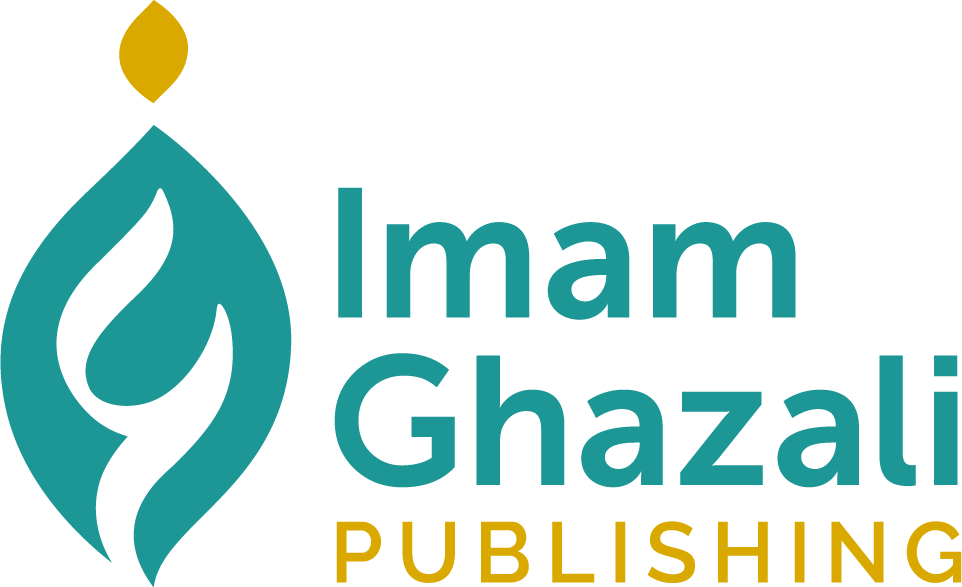Join today
Selections from the Diwan
This course will analyze and study in-depth specific lessons to be derived on the topics of aqidah, adab, spirituality, lifestyle and more from 8 key selections from the work.
The course will include:
Selections from the Diwan of Shaykh Salih Al-Ja’fari, Volume 1 (Bilingual Edition) contains selected poems from the first of those twelve volumes. These selections focus on the relationship between the shaykh and murid, as well as the virtues of the spiritual path. These poems were specifically selected by Shaykh Muhammad Salih al-Ja'fari, the grandson of Shaykh Salih al-Ja'fari.
The core of these selected poems, just as in the shaykh’s poetry overall, are from the genre of what is known as madih (praise poetry), in praise of the Messenger of Allah ﷺ and the Ahl al-Bayt.
Regarding the methodology of his father, Shaykh 'Abd-al-Ghani al-Ja'fari said the following:
"This door of spiritual openings, which our Shaykh traveled, is a clear opening, and whoever traverses it will arrive, and whoever arrives will be connected, and whoever is connected will see and witness, and whoever has witnessed, has intimate discourse, and becomes acquainted, and whoever becomes acquainted, is guided to the Muḥammadan Reality, thus he multiplies love by love. As he ﷺ has said: 'A man is with the one he loves.'"
These poems are truly transformative, both for the one who recites them and the one who listens, and represent acceptance and invitation to the presence of the Prophet and his household.
The course will include:
- In-depth discussion of poem being studied in class, including why it was selected and how it serves as a benefit in our lives
- Overview of the extraordinary richness of meaning in the language of each selection
- Discussion of the relevance and application of each selection in modern daily life
Selections from the Diwan of Shaykh Salih Al-Ja’fari, Volume 1 (Bilingual Edition) contains selected poems from the first of those twelve volumes. These selections focus on the relationship between the shaykh and murid, as well as the virtues of the spiritual path. These poems were specifically selected by Shaykh Muhammad Salih al-Ja'fari, the grandson of Shaykh Salih al-Ja'fari.
The core of these selected poems, just as in the shaykh’s poetry overall, are from the genre of what is known as madih (praise poetry), in praise of the Messenger of Allah ﷺ and the Ahl al-Bayt.
Regarding the methodology of his father, Shaykh 'Abd-al-Ghani al-Ja'fari said the following:
"This door of spiritual openings, which our Shaykh traveled, is a clear opening, and whoever traverses it will arrive, and whoever arrives will be connected, and whoever is connected will see and witness, and whoever has witnessed, has intimate discourse, and becomes acquainted, and whoever becomes acquainted, is guided to the Muḥammadan Reality, thus he multiplies love by love. As he ﷺ has said: 'A man is with the one he loves.'"
These poems are truly transformative, both for the one who recites them and the one who listens, and represent acceptance and invitation to the presence of the Prophet and his household.
shaykh
Ahmed el-Azhary
Shaykh Ahmed el-Azhary began his journey of studying traditional sciences about 20 years ago. He had the privilege of studying with scholars from al-Azhar as well as from Algeria and India in a one-on-one format, through which he was given the exceptional opportunity to study and discuss advanced-level texts of different sorts and over a long period of time.
In addition to more than 70 ijazas from scholars from all over the Muslim world, Shaykh Ahmed holds degrees from American University in Cairo, Tulane University, The University of Alabama at Birmingham, and has obtained additional certificates in a dozens of different subjects.
He is the author of Ruh al-'IIm, a treatise in the art of scientific investigation, as well as a number of works on Islamic pedagogy, linguistics, and Hanafi Usul.
He is the author of Ruh al-'IIm, a treatise in the art of scientific investigation, as well as a number of works on Islamic pedagogy, linguistics, and Hanafi Usul.
Patrick Jones - Course author
